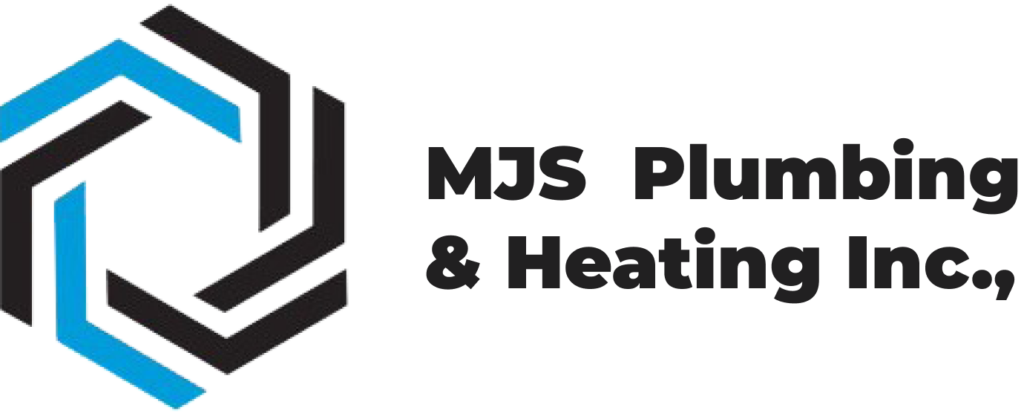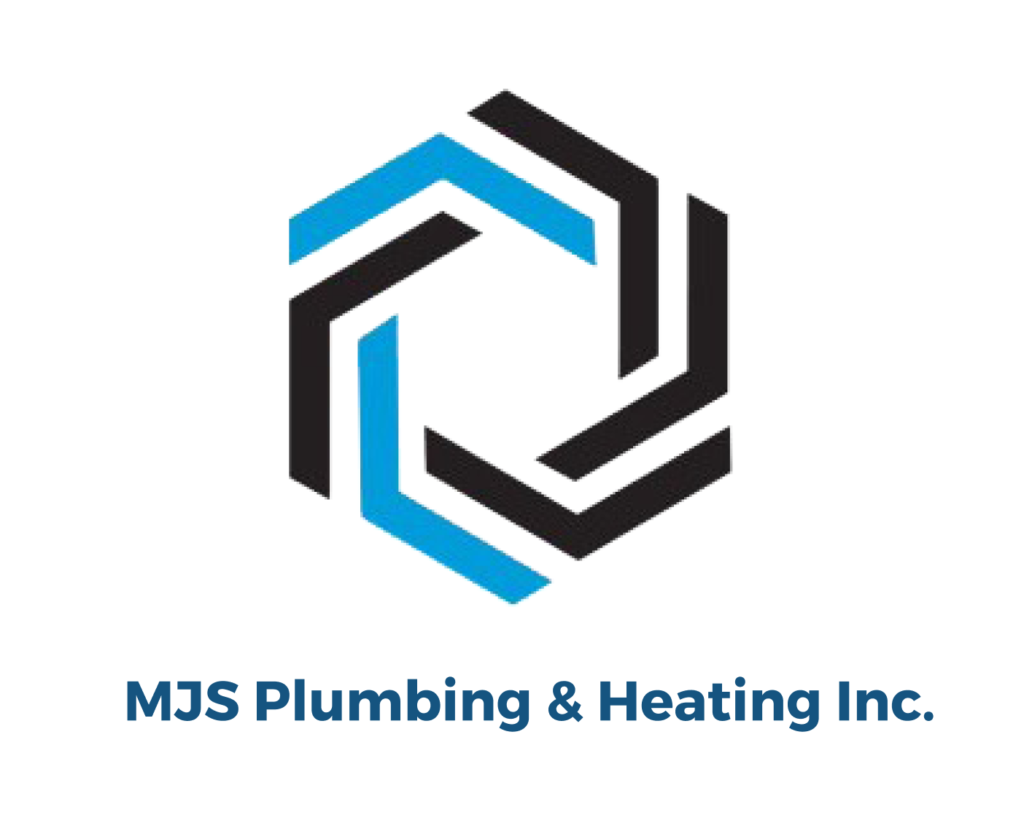As a homeowner, you probably have a lot of questions regarding what your insurance policy covers and what it doesn’t. When it comes to plumbing concerns, it’s critical to understand what your insurance covers so that you’re prepared if a problem arises. In this blog article, we’ll look at the sorts of plumbing issues that are and aren’t commonly covered by insurance.
To begin, consider what is normally covered by insurance when it comes to plumbing concerns. In general, insurance packages will cover unanticipated and unforeseen problems with your plumbing system. For example, if a pipe bursts due to a severe frost, or if a sewage line becomes clogged and causes water damage, the cost of repairs should be covered by your insurance policy.
Water damage is another form of plumbing problem that is often covered by insurance. This may happen if a leak in your plumbing system stays undiscovered for a long time, causing damage to your walls, floors, and other areas of your home. In these cases, insurance plans will normally cover the expense of repairs and restoration.
It’s crucial to keep in mind that insurance policies may include exclusions or restrictions on the amount of coverage for specific types of plumbing problems. Some plans, for example, may restrict coverage for damage caused by tree roots, whilst others may have coverage limits for water damage. Make sure to thoroughly read your policy to understand any exclusions or restrictions that may apply to your coverage. More
Now, let’s look at what isn’t usually covered by insurance when it comes to plumbing problems.
In general, insurance coverage will not cover problems caused by negligence or inadequate maintenance. For example, if a pipe breaks due to incorrect maintenance, or a sewage line becomes clogged owing to improper disposal of grease and other contaminants, your insurance coverage is unlikely to cover the cost of repairs.
Damage caused by floods is another form of plumbing issue that is not normally covered by insurance. While insurance plans may cover water damage caused by an unforeseen incident, such as a pipe burst, they normally do not cover flooding damage. This implies that if your house floods as a result of strong rains or a natural disaster, you may be liable for any damages.
It’s important to remember that insurance plans can differ greatly from one business to the next, so it’s always a good idea to thoroughly read your policy to understand what is and isn’t covered. If you have any questions regarding your coverage, consult with your insurance agent or representative to ensure you understand what is and is not covered.
Finally, most insurance plans cover unexpected and abrupt plumbing concerns, as well as water damage caused by leaks or other problems in your plumbing system. They do not, however, often cover difficulties caused by negligence or inadequate maintenance, or damage caused by water. Understanding what your insurance policy covers and does not cover will help you be prepared in the case of a plumbing problem and ensuring that you have the protection you need to meet any unexpected bills. Next

